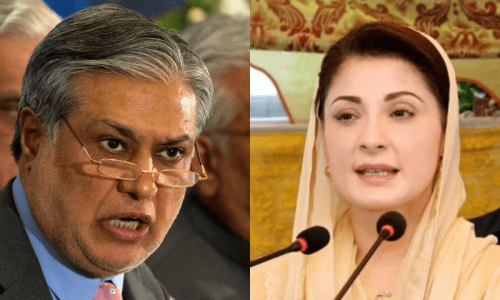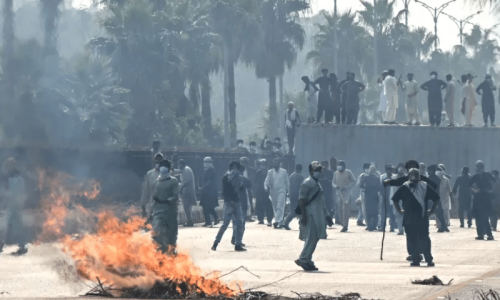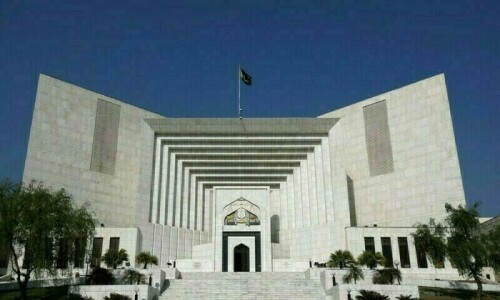HERE’S a confession: when it comes to keeping tabs on European Union politics, I have probably ‘been there, done that’ for too many years. Like other reporters in Brussels, I’ve following the endless marathon negotiations on the EU budget, long and acrimonious debates about changing EU treaties and tough bargaining on trade liberalisation and climate change.
There was celebration when the euro was launched and elation when the EU expanded to bring in new members, especially the former communist countries of eastern Europe. Much hand-wringing accompanied the rejection of the EU treaties by a disgruntled public as leaders tried to understand just why the electorate has so much trouble fathoming what the EU is all about.
Reporters have tracked and recorded these ups and downs, staying up late, filing their stories until they get cramps in their hands. It’s been exhausting, nerve-racking but also often exhilarating and exciting. The EU’s latest crisis — or rather the eurozone crisis — is no different from others in its impact on reporters’ peace of mind and family life.
Even by EU standards, however, the last eight ‘crisis summits’ have been extremely painful to watch and report. Time and time again, the 17 eurozone leaders have come out of their discussions promising swift action to bolster confidence in the single currency. Faced with market scepticism, they have had to go back to the drawing board and try — once again — to convince investors that this time they really do mean business.
In process, governments have fallen — and in the case of Belgium — been formed, elections have been held and people have lost many, many jobs. The eurozone leaders have soldiered on but markets have shown they are stronger than politicians. It’s no surprise, therefore, that the latest EU agreement on a ‘fiscal compact’ (minus Britain) appears also to be unravelling.
The eurozone’s troubles have been heightened by the public feuding among EU leaders and especially French President Nicolas Sarkozy’s personal attack on David Cameron, the British prime minister. Although they were comrades in arms in their joint efforts to bring down Col Qadhafi through Nato action in Libya, the two men are back to squabbling over Europe.
The French president has said Mr Cameron behaved like “a stubborn kid” at the EU summit last week.
The British leader’s focus on protecting the financial interests of the City of London did not have the support of other EU countries, said Mr Sarkozy, adding, “which is what you call a clear political defeat”. But an unrepentant Mr Cameron insists that other EU countries were now having doubts about the plan he described as a “treaty outside the EU treaty”. He insisted: “There is no question of it being 26-1. There are a number of countries not at all sure what they are being asked to be signed up for.”
True to her consensus-building self, however, German Chancellor Angela Merkel has taken a conciliatory line towards Britain, saying: “Great Britain is a reliable partner for Europe not just in questions of foreign and security policy; Great Britain is also this partner in many other questions — in competitiveness, in the internal market, for trade, for climate protection.”
In fact, Mr Cameron is right in pointing out that doubts about last week’s deal are surfacing in several European capitals.
Michael Noonan, the Irish finance minister, said Ireland might have to hold a referendum on it. The Swedes, Danes, Czechs and Hungarians have also warned that they might not be able to go along with the fiscal compaact agreed last week.
Meanwhile, Francois Hollande, France’s opposition presidential candidate, who is leading in the polls, says he would renegotiate the deal to get eurobonds and a more active role for the European Central Bank. The general impression appears to be that Germany, the eurozone’s most powerful economy, is demanding that other countries walk in its footsteps — by no means an easy task.
Small wonder then that markets continue to feel uneasy and the euro has fallen to even lower levels against the dollar. Mr Cameron’s stance is reminiscent of the tough line that Margaret Thatcher often took in her discussions with other EU leaders.
The ‘Iron Lady’ demanded — and got — her ‘money back’ when she said Britain had paid too much into the EU budget.
Throughout her years in power, she made clear that Britain was set apart from the Continental powers in its outlook, goals and objectives as an EU member.
Britain’s focus is on the EU’s border-free single market. While other EU countries, led by Germany and France, dream up new ways to speed up and reinforce integration, Britain has focused on the more practical, financial and economic aspects of the EU. As other EU leaders debated the pros and cons of enlargement, Britain made clear that it preferred a “widening” of the bloc rather than “further deepening”.
This of course led to accusations that Britain was really looking for ways to “dilute” the EU. Britain’s support for Turkish membership of the EU has prompted similar criticism. Since he stands proudly outside the euro, Mr Cameron’s calls for quick action to boost the currency, have caused much anger in EU circles.
In fact, a strong Eurosceptic group in Mr Cameron’s conservative party would like a renegotiation of the EU treaty and quick action to “bring back power from Brussels to London”. In the eyes of many Europeans, such a “selfish” outlook on the EU means that Britain will always be the over-cocky outsider looking in, a half-member and a spoiler of well-laid plans. But as Rhett Butler may have said to Scarlett O’Hara in Gone with the Wind, ‘Frankly, my dear, Britain couldn’t give a damn’.
The writer is Dawn’s correspondent in Brussels.











































Dear visitor, the comments section is undergoing an overhaul and will return soon.